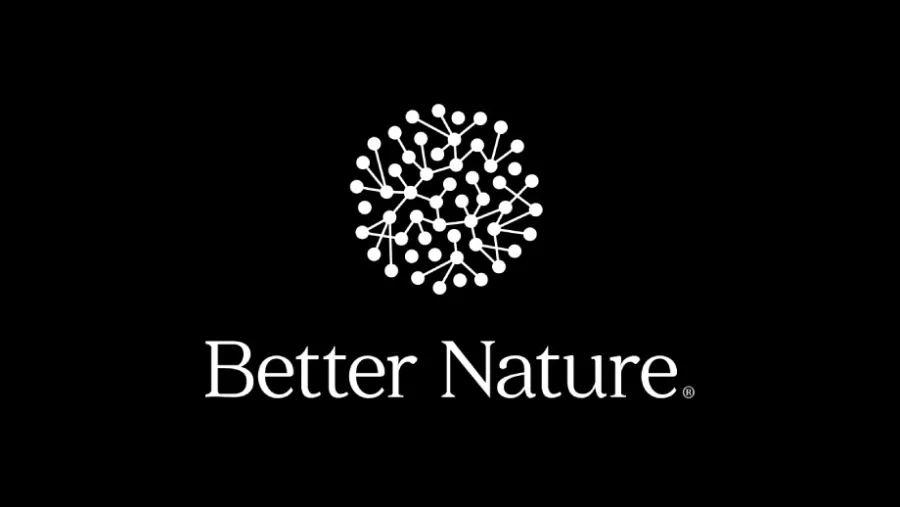What are the secrets to soothing muscle aches and pains, post exercise, that are actually effective?
Today’s athletes, gym goers and fitness junkies not only have to consider their workouts but also their recovery afterwards, especially if they want to get stronger, fitter, reduce fatigue, injury and enhance their performance.
Below is a guide recommended by Better Nature on how best to recover. Keeping in mind some tactics will be more effective for different individuals.
Cryotherapy or Ice Bath?
Whole-body cryotherapy involves spending two to three minutes in a chamber of air set to a seriously low temperature around -160 degrees. The cooled air sends energy to muscles, reduces blood flow, reduces inflammation and speeds recovery from soft tissue injury. This option will usually leave you out of pocket, an alternative option is the well-known ice bath.
Athletes have long engaged in ice baths post workout, using cold water from the tap and often the addition of ice. This can help reduce perceptions of muscle pain. Sports scientists think that any physiological effects of cold air or water may be down to a “conditioning effect”, where the benefits trigger the release of natural painkillers in the body causing sensations of pleasure and pain. If it reduces the pain, we’re in!
Hydration
The body keeps a core temperature close to around 37 degrees by sweating and circulating blood. If your body temperature rises too much the result can be exhaustion making the body weak and sometimes feeling dizzy. This usually means dehydration and you need to consume more water and salts. Salt is easy to source naturally in your day-to-day diet, while water is usually consumed when you’re thirsty, a good indicator for a full glass of water.
Electrolytes are another source of salts for hydration, although maintaining a healthy diet along with water consumption, you shouldn’t need to rely on electrolytes, or branded sports drinks.
Relax
Whether you’re a fan of yoga, meditation, massage or flotation tanks, there are so many ways to relax. Remove yourself from the stressful fight mode and move into the rest and digest mode.
Relaxation is a vital component to the recovery of muscles after exercise. It is suggested that you build relaxation rituals into your daily routine, whether that’s reading a book, sipping your coffee in the sun, taking a hot shower or a nap. Another great way to relax your body and muscles is to have a nice warm bath with Epsom salt.
Sleep
Exercise causes tiny tears in muscle fibres. The body responds by rebuilding muscles, only bigger and stronger so as to cope better next time around. The Human growth hormone (HGH), a protein produced in the body, plays an important part in the growth and repair of tissue, including muscles. This hormone is mostly released into the body during deep sleep. As we age, we produce less HGH resulting in longer recovery time and a lower pain threshold.
Sleep deprivation has been shown to cause slower reaction times, increased pain, impaired motor learning and much more.
Muscle Relief
To temporarily relieve sore muscles during the recovery stage, apply a topical pain relief, such as Better Nature to the effected area. This will help reduce pain and inflammation associated with muscle strains, ligament sprains, bruising, tendonitis, bursitis, stiffness and arthritis.
The Better Nature range is 100% naturally sourced, Australian made, cruelty free and provides fast pain relief.
www.betternature.com.au
